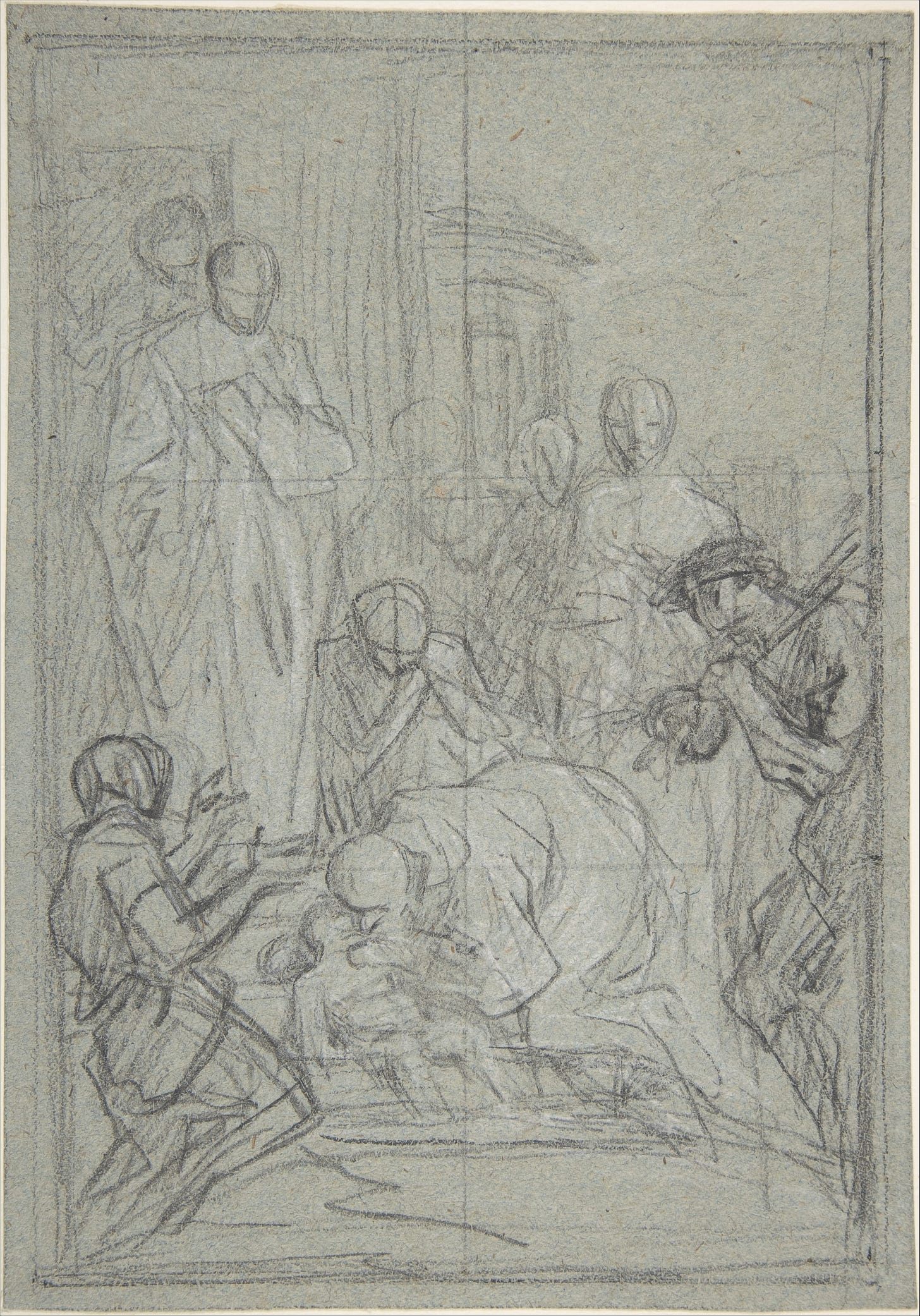Ora et Labora
Several theses on work
I have been out of academia for nearly four years now. In that time, I’ve worked at three companies — which would seem like a high number, until you look at the average LinkedIn and see just how often those of us in tech tend to move around. I first worked at a small artificial intelligence firm, where I learned that AI is nothing like we imagined it would be; I then worked at a massive peer-to-peer payments platform, where I learned the financial industry is largely financed by those who unthinkingly (or when no other option presents itself) take on debt; I now work at what could vaguely be called an HR tech firm, though many would simple call it a job board.
I’ve also seen three layoffs. My small AI firm never could find success, and in between projects our founder (a pioneer in symbolic AI) would call in a few people and ‘let them go’, as he put it. When the world locked down and contracts dried up, I was furloughed, leaving me unemployed for about a month before being brought back on.
The payments platform contracted with McKinsey, a professional services consultancy that loves to find fat to trim, and soon our we saw a staggered series of layoffs. I believe 10% of employees were let go — though at least they had the consolation of a hefty severance package. I survived, and I thought I’d start looking for work at a more stable company.
My HR firm is the latest tech company to lay off workers. You can find out the details if they interest you — while the company is not big enough to be part of Big Tech, it is certainly big enough to make the news. But we saw 15% of employees laid off yesterday. This time, we euphemistically called it ‘being impacted.’ (To continue with the phrase: I was not impacted.)
I wrote in my journal this morning, following a method I’ve talked about in a YouTube video. I wrote about the event — hearing about the layoffs, waiting for the email, asking around to see if my friends were let go. I wrote about my reaction to the event, and then I tried to incorporate this event into my overall narrative of my life.
I have journals from other layoffs as well. I looked for one of them, and I can see how I’ve changed based on how I responded. In the first journal, detailing being furloughed during the pandemic, I am frantic. I am worried about making rent. I am ashamed to tell my wife that I no longer have a job. I am telling myself that I am failure. I am furious at the world.
This time, I was at peace — and I had achieved that peace before finding out that I wasn’t being laid off. I had done what needed to be done. As I waited for the news, I took some time to pray and meditate. I thought about the problem, trying to objectively assess it. I made myself think through every step. I broke down the problem, and I saw that it was manageable. I would survive, and my family would be OK.
I don’t just write about this to brag — though I suppose I am proud, as I’ve come a long way in the past few years both spiritually and materially. I would not have been able to react so differently to news if I had not practiced meditation, followed a prayer rule that structured my day, or (of more interest to most readers) imbibed Stoic wisdom. When people ask me how philosophy makes a difference in one’s life, I think this will be the story that I tell them. Because I have been reading the Meditations so closely, and because I follow practices similar to those recommended by the Stoics, I was able to be at peace in a trying situation.
But we will put off our discussion of Stoicism for today — another post on the Meditations will come on Saturday. Today, I want to talk about work, or labor, and its role in a meaningful life. What follows is a series of observations, occasioned by the circumstances described above.
Keep reading with a 7-day free trial
Subscribe to Commonplace Philosophy to keep reading this post and get 7 days of free access to the full post archives.


